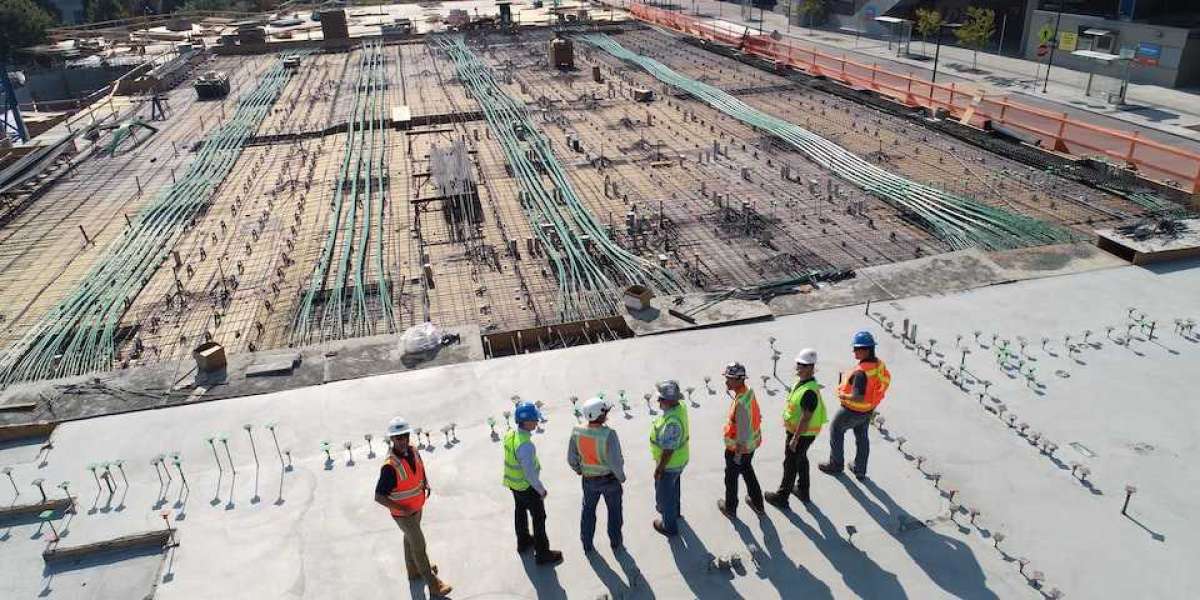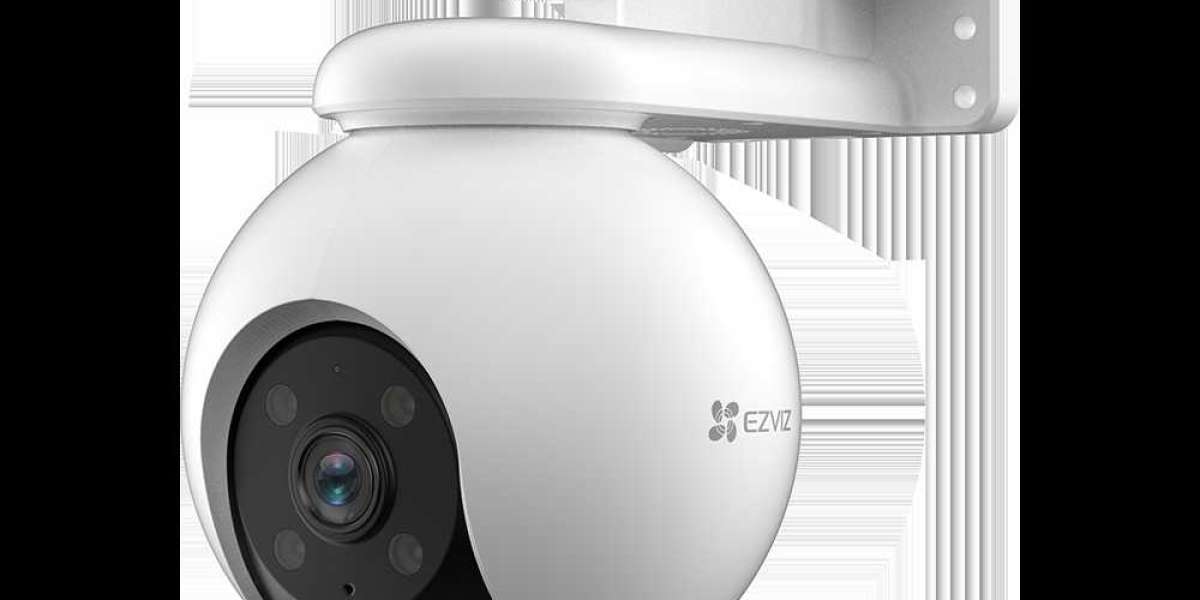While both residential and commercial spaces can benefit from Wireless Site Survey Services, commercial settings usually require a more detailed approach due to high user density, larger spaces, and unique interference challenges. In residential setups, surveys are increasingly popular to handle multiple devices, smart home technologies, and high-definition streaming needs.
Challenges in Conducting a Wireless Site Survey
Conducting an effective site survey comes with its own set of challenges:
- Physical Obstacles: Walls, metal structures, and other physical barriers can affect signal propagation.
- Interference from Other Devices: Devices like microwaves or Bluetooth gadgets can disrupt signals.
- Technology Evolution: As Wi-Fi standards evolve, surveys must adapt to newer protocols and hardware.
Costs Associated with Wireless Site Survey Services
Wireless site survey costs vary based on factors like:
- Size of the Area: Larger spaces require more resources.
- Level of Detail: Predictive surveys tend to be more affordable than active or hybrid surveys.
- Complexity of the Environment: High-interference zones or dense environments may incur additional costs.
The Process of Conducting a Wireless Site Survey
The wireless site survey process typically involves the following steps:
- Preliminary Assessment: Understanding client requirements and specific challenges.
- Equipment Setup: Configuring hardware and software tools to gather data.
- Data Collection: Surveyors walk the site to map out signal strength, interference, and AP locations.
- Analysis and Report Generation: Using data insights to recommend network adjustments.
Tools and Technologies Used in Wireless Site Surveys
Wireless site surveys employ various tools to gather accurate data:
- Software Tools: Survey software like Ekahau and AirMagnet, used to map out wireless environments.
- Hardware Tools: Specialized laptops, tablets, or devices with wireless adapters for data collection.
- Signal Measuring Equipment: Devices to measure signal strength, bandwidth, and interference patterns.
How to Choose the Right Wireless Site Survey Provider
When selecting a provider, consider the following:
- Expertise and Experience: Providers with extensive experience in your industry.
- Comprehensive Services: Providers offering multiple survey types and technology solutions.
- Customer Support: Ongoing support can help address future network needs.
Future of Wireless Site Survey Services
As reliance on wireless connectivity grows, wireless site surveys are evolving. Future advancements could include AI-driven analysis, real-time adjustments, and integration with emerging Wi-Fi 6 and 6E technologies.
Conclusion
Wireless site surveys are crucial for creating a reliable network infrastructure. By offering insights into signal strength, interference, and optimal access point placement, these services are essential for any business looking to improve connectivity and ensure smooth operations.







